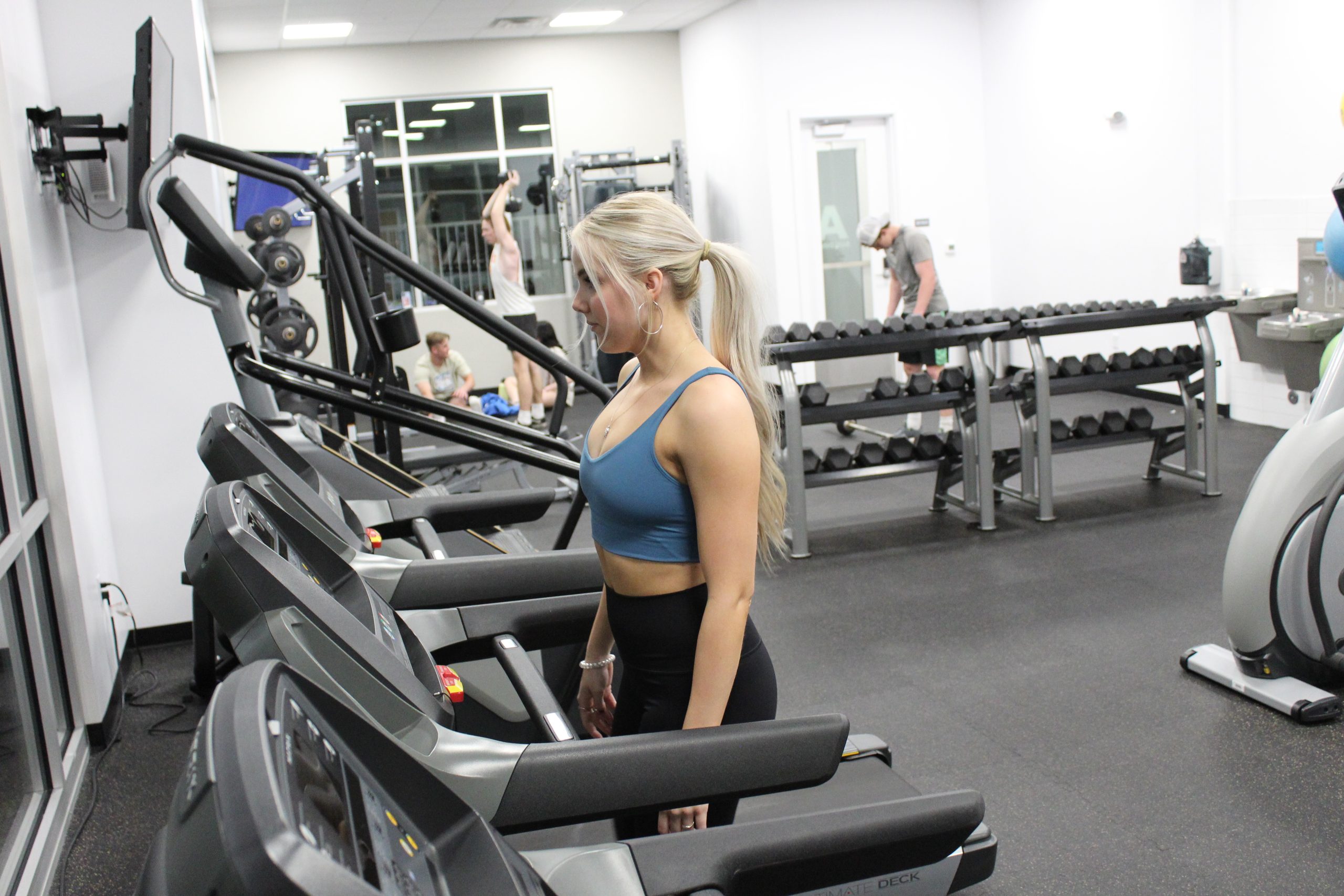Running and walking both have benefits that contribute to a healthy lifestyle, but which one is the best for you?
My dad has run the St. George Marathon for as long as I can remember. I have been at every finish line, and I knew I eventually wanted to run with him.
When I was 12 years old, my dad asked if I wanted to train and run the St. George Marathon with him that year. We started training in April and gradually built up our miles. In October, the two of us ran and completed the marathon. Since then, we have run and completed four more marathons together.
Completing five marathons at the age of 18 is one of my proudest achievements, but starting at such a young age has raised concerns about the long-term effects excessive running may have on my body later on.
Benefits of cardiovascular exercise
Cardiovascular exercise as a whole provides many benefits. According to WebMD, some benefits of a cardio workout include, but are not limited to, improved memory, happier mood and reduced risk of dementia.
While reading an article by Headline, I learned anxiety and depression are reduced by just 30 minutes of moderate-intensity exercise three times a week. Doing so can also improve your self-esteem and mood.
Both walking and running contribute to a healthier lifestyle. I have seen a difference in my mental health and well-being when I have a consistent running schedule compared to when I am not running as much.
Running coach Betsy Magato said, “Being active improves quality of life, and both running and walking can improve your mood, build self-confidence and help you deal with stress.”
Walking vs. running
Now the subject of debate, is walking or running better for you? As a college student, I feel like I have little to no free time, so I prefer running. Running is more efficient in providing health advantages than walking. Walking is less strenuous than running, so it requires more time to receive the same benefits. Running is more efficient, but it comes with a greater risk of injury.
Running is a high-impact activity, which typically means participants are prone to more injuries. According to WebMD, each time you land, your body absorbs the impact of about three times your body weight.
That being said, runners can decrease their risk of injuries by slowly increasing their mileage. I have never had any serious injuries over the past six years of running I’ve done. This is because I’ve trained properly and listened to my body.
It is most common to see younger people running and older people walking. This raises the question of the long-term effects of running. Studies show that over time, running may lead to common overuse injuries such as stress fractures, shin splints and ITB friction syndrome.
Professional golfer Tiger Woods recently opened up on his experience with running. He said one of the main reasons he has had almost career-ending injuries is because of running.
In a question-and-answer session, he was asked what he would tell his younger self if he could go back in time.
“Not to run so much,” Woods said. “Running over 30 miles a week for probably my first five or six years on tour pretty much destroyed my body and knees.”
Takeaways
All in all, it is not a question of walking versus running, because they are both great forms of cardio. It is all about figuring out how to combine the two to achieve the safest and most effective workout.
In most cases, running has the reputation of being a “better” and more effective workout than walking, but your health and wellness goals will determine which option is ideal for you.




